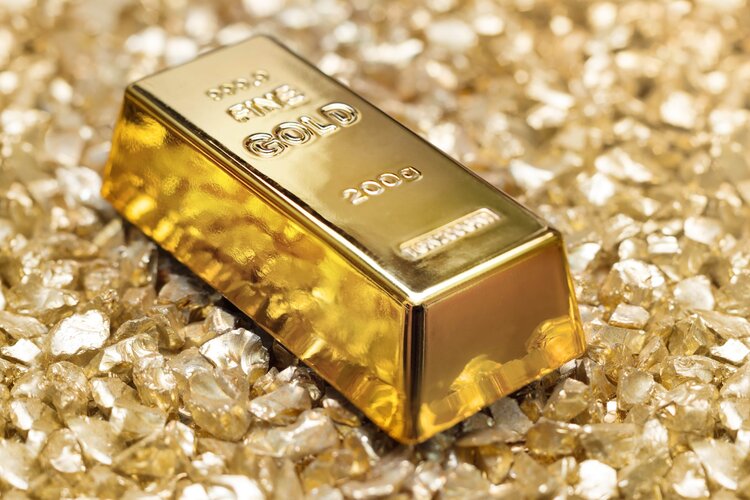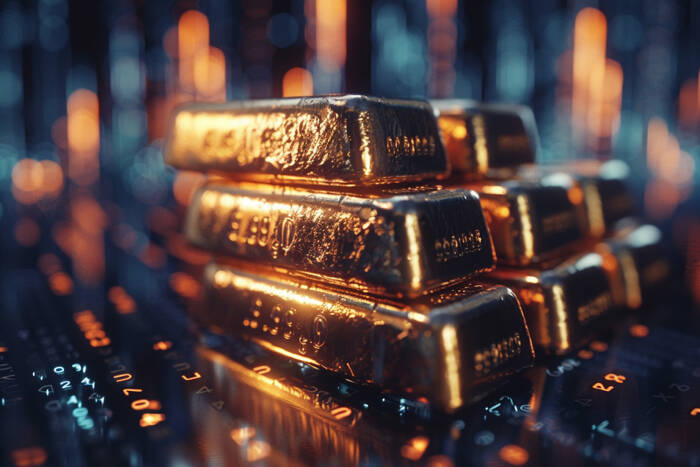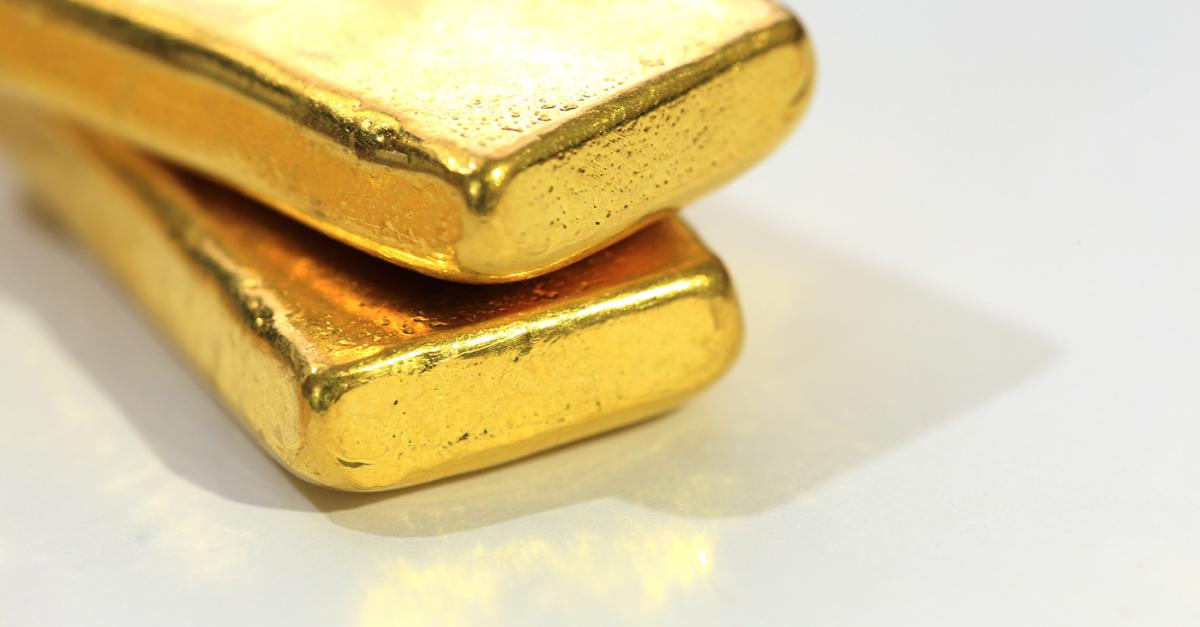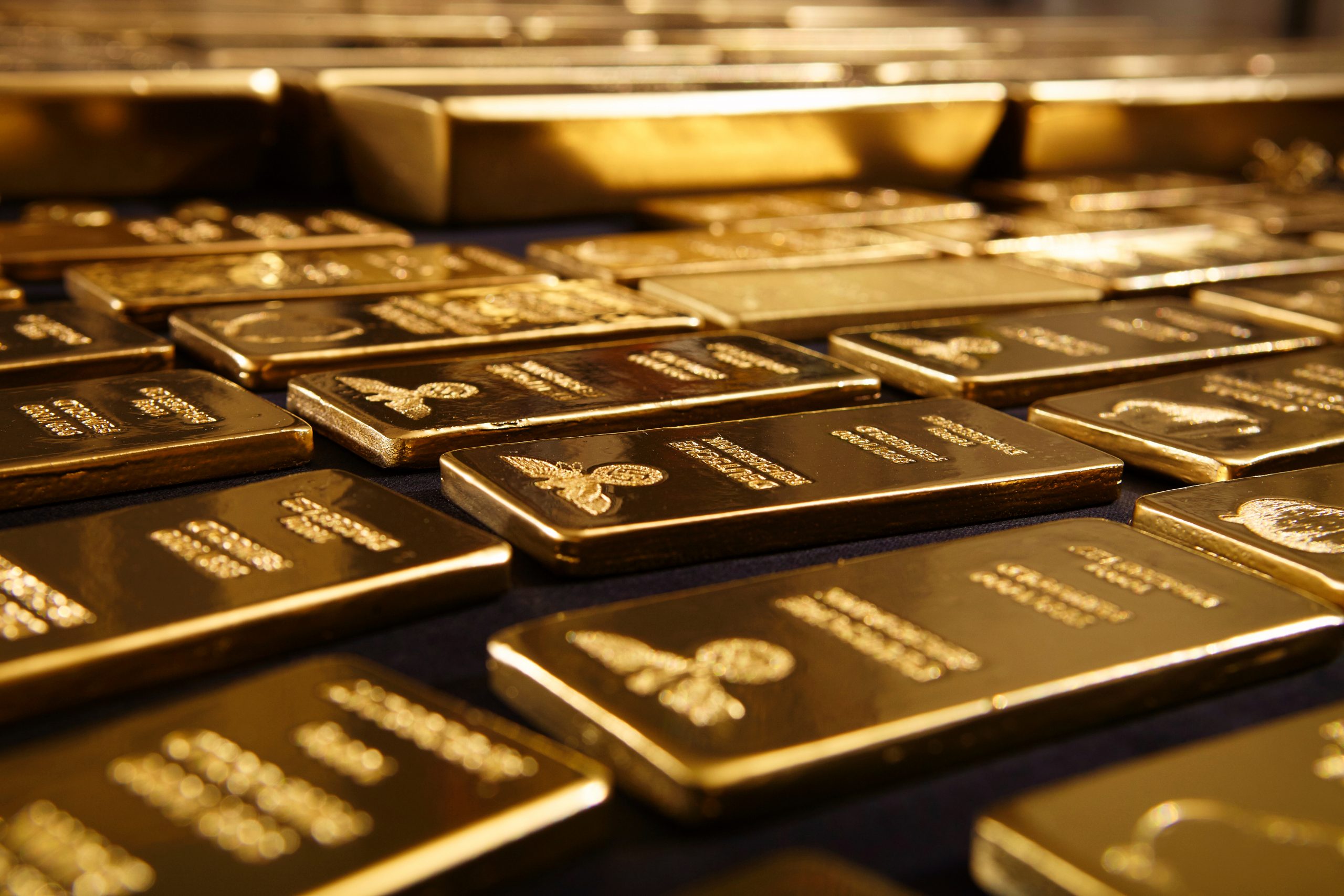Gold prices in India saw a decline today, according to data from the Multi Commodity Exchange (MCX). The price of gold stood at 61,960 Indian Rupees (INR) per 10 grams, a decrease of INR 20 from the previous day. Meanwhile, gold futures contracts increased to INR 62,286 per 10 gms from the previous price of INR 62,108. Silver futures contracts also saw an increase, rising to INR 71,128 per kg from INR 70,609 per kg.
The table below shows the gold prices in major Indian cities:
– Ahmedabad: 64,135 INR
– Mumbai: 64,000 INR
– New Delhi: 64,120 INR
– Chennai: 64,100 INR
– Kolkata: 64,155 INR
Insight: The fluctuation in gold prices can be attributed to several global and national factors, including geopolitical tensions, the strength of the US dollar, and the demand for safe-haven assets.
Global Market Movers: Comex Gold price draws support from geopolitical risks and weaker USD
The recent attacks by Yemen’s Houthi rebels on commercial vessels in the Red Sea and Bab al-Mandab strait have raised concerns about heightened military action in the Middle East, leading to an increase in the safe-haven appeal of gold. The US Dollar’s weakness has also contributed to the support for gold prices. However, hawkish comments from the Federal Reserve and expectations of rising interest rates have limited the appreciation of gold prices.
Further insight: Gold, as a safe-haven asset, tends to benefit from geopolitical tensions and a weaker USD, making it an attractive investment during periods of uncertainty. However, the potential for rising interest rates and currency strength can impact the performance of gold in the global market.
In addition, central banks’ increasing gold reserves and the inverse correlation of gold with the US Dollar and risk assets highlight the complex dynamics that influence the price of gold. Geopolitical instability, economic conditions, and the behavior of the US Dollar are some of the key factors that can impact the price of gold.
The automation of this post demonstrates the use of technology for data collection and dissemination of financial information, reflecting the evolving landscape of financial markets and information sharing.
Gold FAQs
Gold has a significant historical and economic role as a store of value and a medium of exchange. Its status as a safe-haven asset and its inverse correlation with the US Dollar and risky assets make it an important consideration for investors and central banks during turbulent times. Additionally, central banks’ increasing gold reserves and the wide range of factors that can influence its price highlight its complexity as a financial asset.









